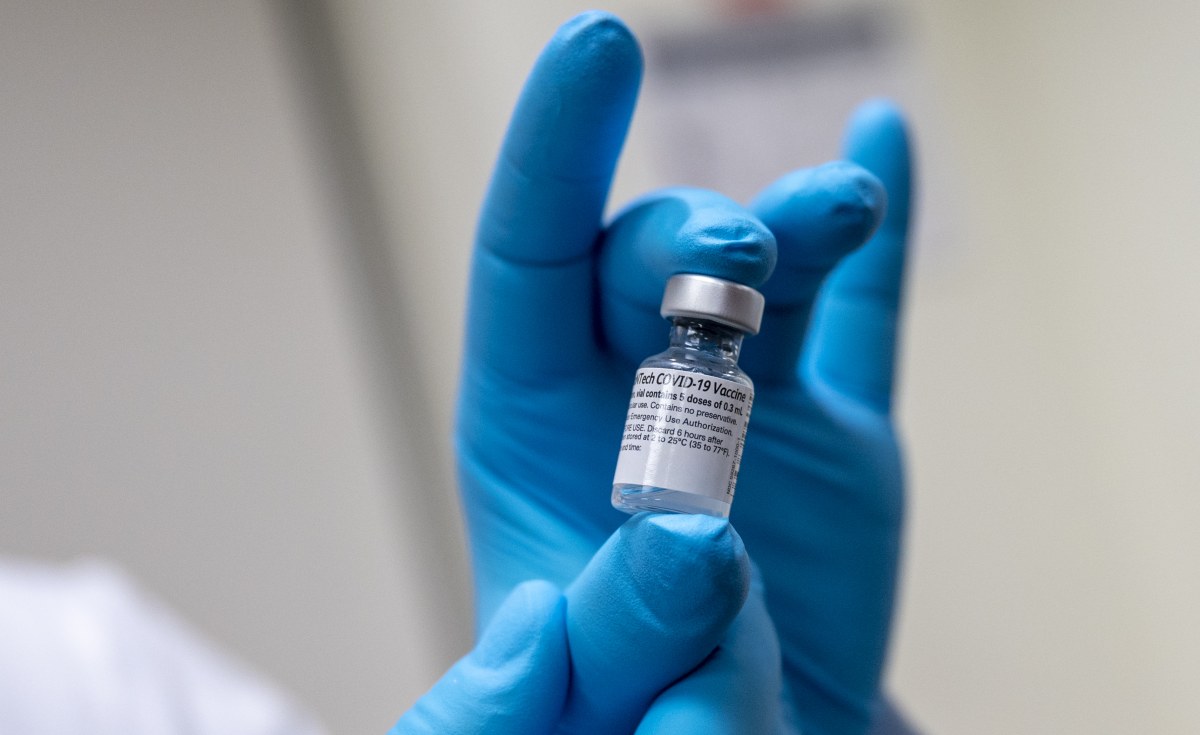
[ad_1]
COVID-19 vaccines are the subject of much discussion. To shed light on the vaccines available for countries in sub-Saharan Africa and how the process works, Ina Skosana and Ozayr Patel of The Conversation Africa asked Benjamin Kagina to answer a few questions.
What is immediately available for African countries?
African health regulatory authorities must approve the use of vaccines before they can be deployed on the continent. National health regulatory authorities across the continent are working closely with regional and global regulatory bodies to ensure that approval processes will be efficient.
The AstraZeneca-Oxford vaccine was approved for emergency use by the UK health regulator on December 30, 2020 and will be available for use in Africa once regulators on the continent have approved it. It is likely that approval will be obtained in the first quarter of 2021. This vaccine has also been tested in parts of the continent such as South Africa.
At the time of writing, South Africa had obtained 1.5 million doses of AstraZeneca-Oxford vaccine from the Serum Institute of India, which produces these vaccines for low- and middle-income countries. The national regulator is reviewing relevant vaccine data in order to grant approval for its emergency use in the country.
The African Vaccine Acquisition Task Force established by the President of the African Union, Cyril Ramaphosa, recently secured an interim supply of 270 million doses of vaccine for African countries. The vaccines will be supplied by AstraZeneca-Oxford, Pfizer-BioNTech and Johnson & Johnson. The distribution of these vaccines on the continent will likely depend on the size of the population of each country. Even with 600 million additional vaccine doses promised by the World Health Organization’s COVAX facility, the cumulative total vaccine doses available will only be enough for about half of the continent’s population.
Another vaccine that will likely be available on the continent soon is the one manufactured by Moderna. The Pfizer-BioNTech and Moderna vaccines have already been approved for emergency use by the United States and British health authorities.
What about offers from Russia and China?
The Gamaleya Research Institute of Epidemiology and Microbiology in Russia and Sinopharm in China have authorized public use of their vaccines before conducting large-scale clinical trials. This has raised enormous public concern.
Conducting clinical trials and openly sharing trial data is international standard practice. The practice involves performing three phases, all with smaller scale testing at the start. The results of these trials are reviewed to assess safety and efficacy. This always precedes regulatory approval. If this path is not followed, these vaccines are unlikely to gain approval from national health regulatory authorities as there is no data to review.
Nevertheless, countries buy vaccines from China. The Financial Times also reports that countries are buying Russian vaccine Sputnik V while China’s two major manufacturers, Sinopharm and Sinovac Biotech, have signed deals with more than a dozen countries.
But public security and surveillance are essential. Without the data from the trials, it will be difficult to convince the public. Sinopharm has submitted clinical data to the World Health Organization for review.
What will be easiest to achieve in developing countries?
When Pfizer-BioNTech announced that their vaccine was 95% effective, they also said it should be stored at -70 ℃. Most low-income countries do not have the cold chain infrastructure necessary to store and distribute this vaccine.
Vaccines that require standard refrigeration conditions, like many of those used in existing immunization programs in these countries, would be the easiest to administer. The AstraZeneca-Oxford vaccine is one such vaccine.
Johnson & Johnson has also developed a vaccine tested in Africa. The results of phase III of this vaccine will be available in February 2021. If the vaccine is found to be safe and effective, it will be the easiest to distribute because it requires standard refrigeration. And more importantly, it only requires a single dose, which is logistically easier to administer.
Will new COVID-19 variants affect deployment plans?
Currently, it is believed that the mutations will not affect the effectiveness of the vaccines. But more data is still needed to be sure. Scientists and vaccine makers are evaluating whether current vaccines are effective against newer variants. The preliminary data are encouraging.
Deployment is therefore continuing and testing will continue to assess whether emerging variants affect vaccine efficacy.
Why is the speed with which vaccines have been developed so worrying?
There is a lot of misinformation and incorrect posts on social media platforms about new vaccines. An incorrect message is that the vaccines were bypassed and this could have compromised them. It is important to stress that due diligence was observed and that no shortcuts were taken. These vaccines have been tested properly and found to be safe. Additional safety oversight is underway as vaccines are released to more people after regulatory approval. Safety oversight will remain a key component of vaccine deployment.
Benjamin Kagina, Senior Research Fellow, Vaccines for Africa Initiative, Faculty of Health Sciences, University of Cape Town
Source link
